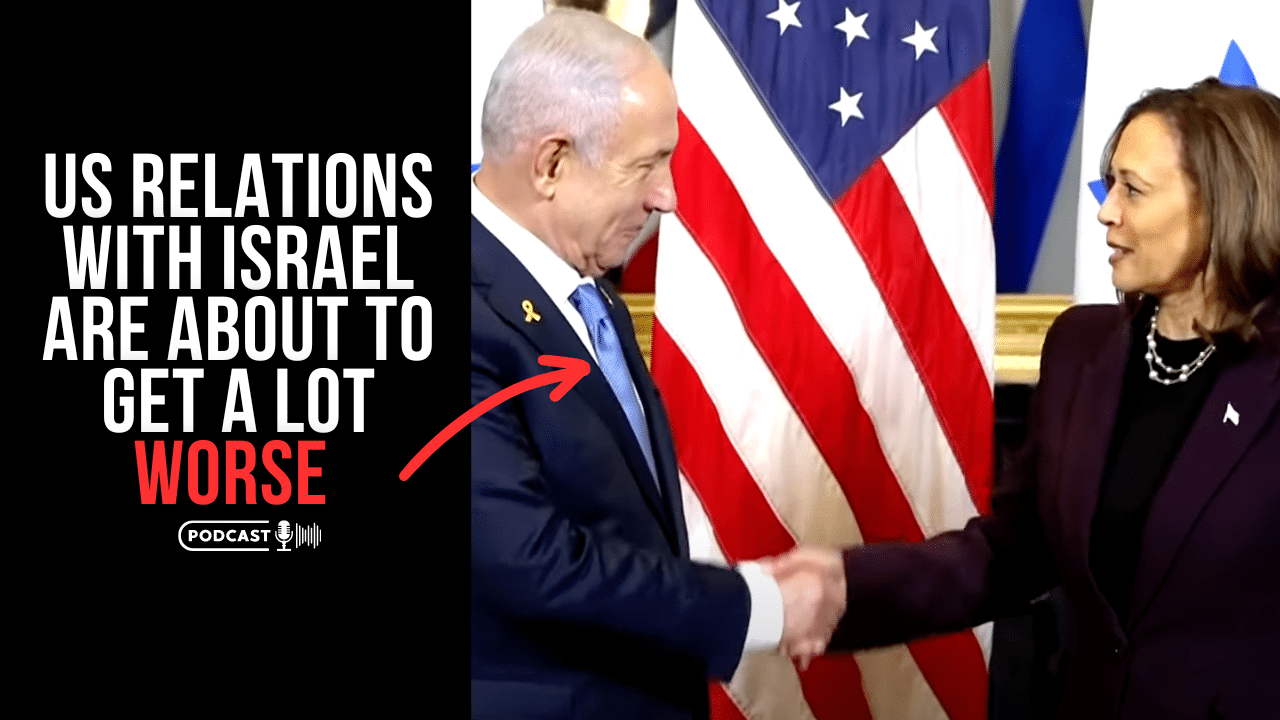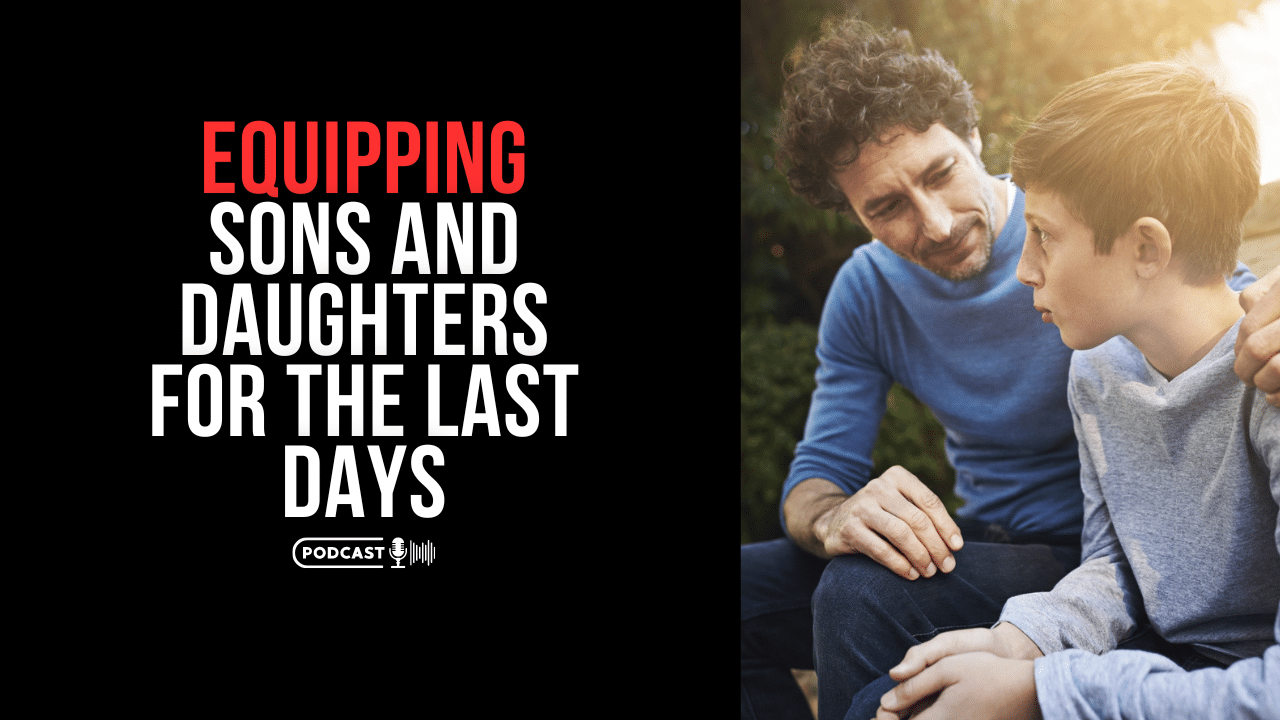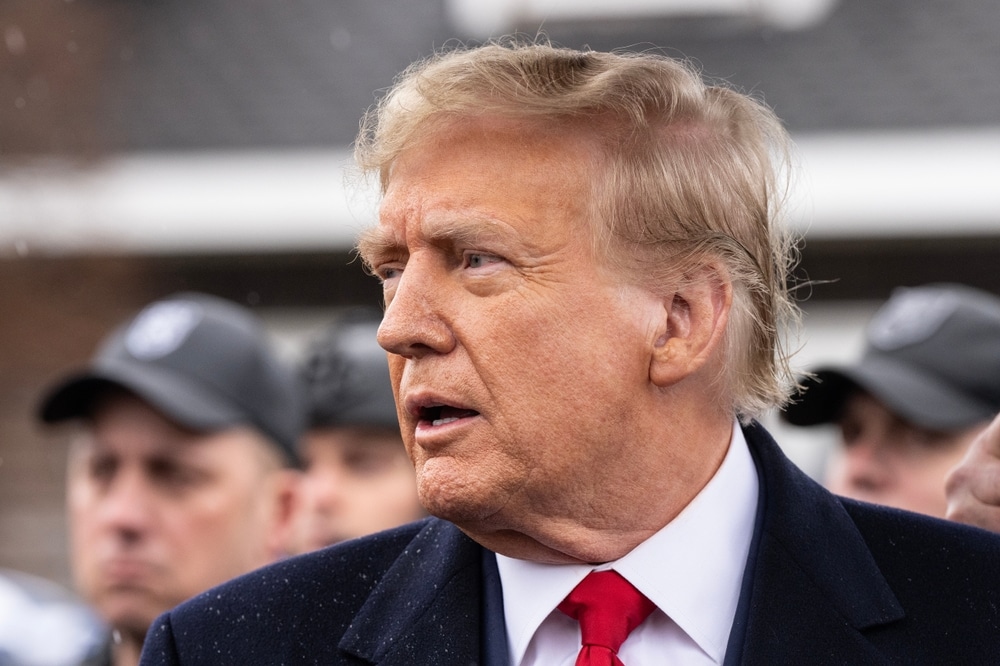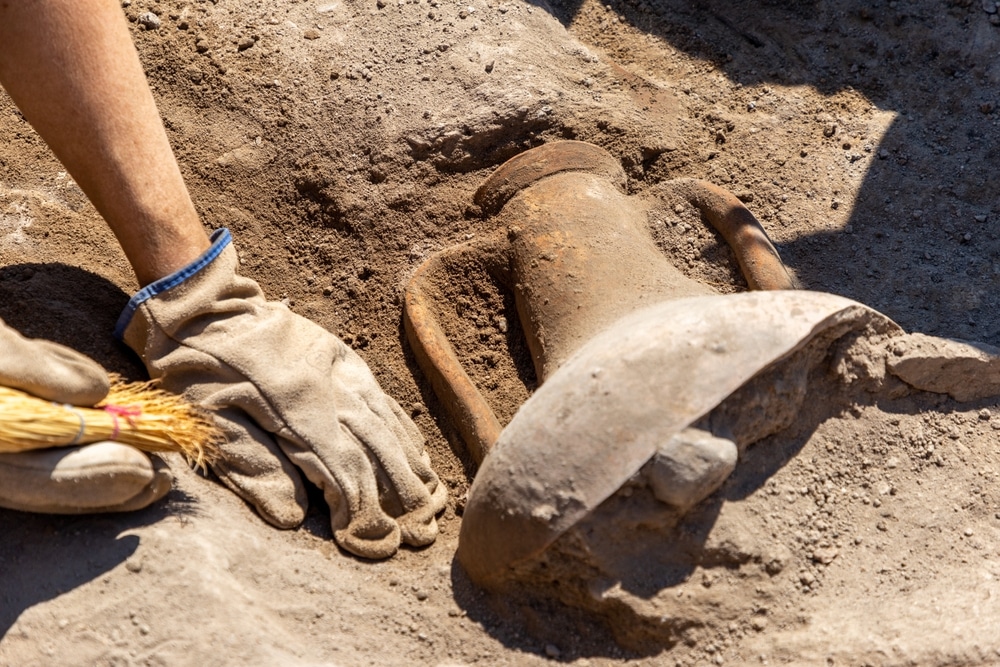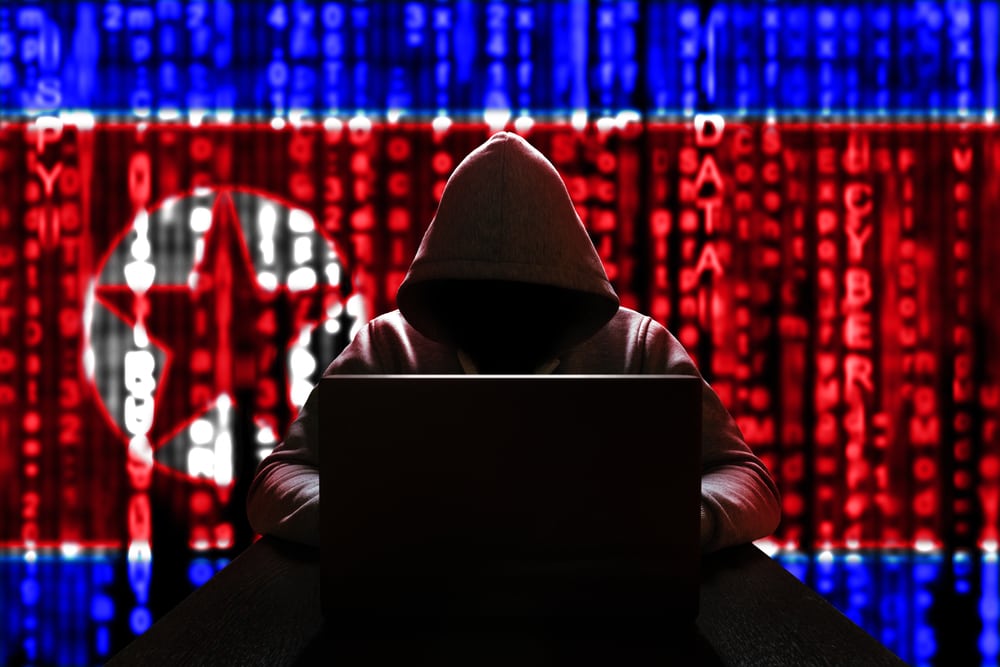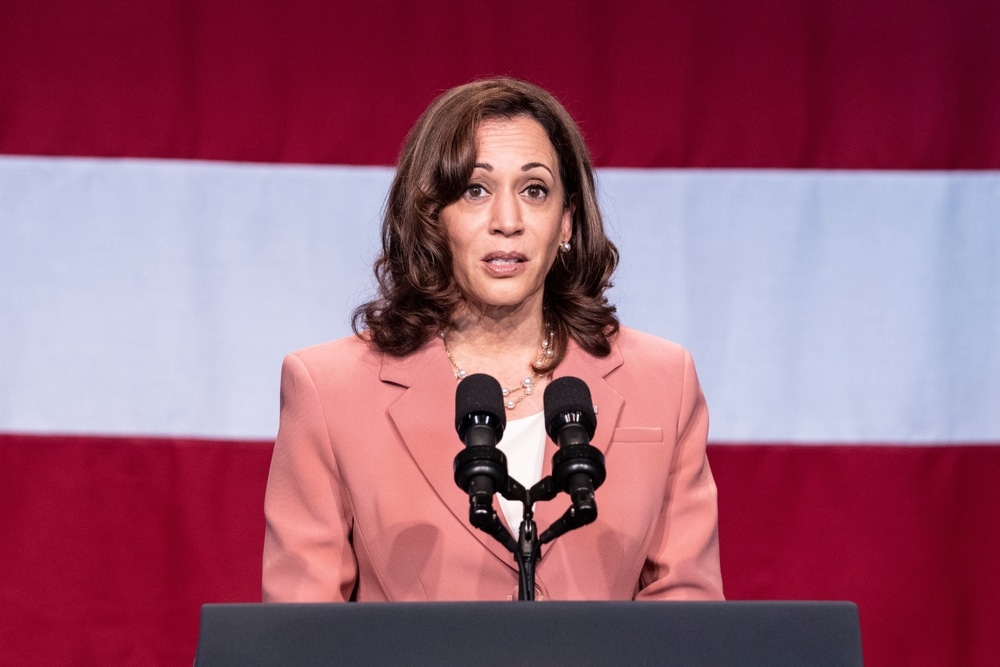The U.S. Supreme Court sided unanimously with former President Trump in his challenge to the state of Colorado’s attempt to kick him off the 2024 primary ballot.
All nine justices ruled in favor of Trump in the case, which will impact the status of efforts in several other states to remove the likely GOP nominee from their respective ballots.
The court considered for the first time the meaning and reach of Article 3 of the 14th Amendment, which bars former officeholders who “engaged in insurrection” from holding public office again. Challenges have been filed to remove Trump from the 2024 ballot in over 30 states.
“We conclude that States may disqualify persons holding or attempting to hold state office. But States have no power under the Constitution to enforce Section 3 with respect to federal offices, especially the Presidency,” the Court wrote.
Colorado’s Secretary of State Jena Griswold issued a statement Monday on the opinion saying, “The United States Supreme Court has ruled that states do not have the authority to enforce Section 3 of the 14th Amendment for federal candidates.”
“In accordance with this decision, Donald Trump is an eligible candidate on Colorado’s 2024 Presidential Primary,” she said. Trump reacted to the ruling in a post on Truth Social saying, “BIG WIN FOR AMERICA!!!”
The state of Colorado had argued that because they determined Trump’s behavior related to 2020 election interference – culminating with the Jan. 6 Capitol riots – amounted to an “insurrection,” he should be removed from the state’s ballot.
In more than two hours of spirited, often tense arguments last month, the nine justices asked tough questions of both sides about whether the president or a presidential candidate is exempt from the constitutional provision adopted after the Civil War.
Justice Brett Kavanaugh spoke for colleagues when saying they were confronting “difficult questions.”
“When you look at Section 3, the term insurrection jumps out,” Kavanaugh said. “And the questions are, what does that mean? How do you define it? Who decides? Who decides whether someone engaged in it?”
Kavanaugh noted the courts looked at these questions in an 1869 decision, known as “Griffin’s case,” which found that an act of Congress was necessary to enforce the 14th Amendment’s ban on insurrectionists holding federal office.



